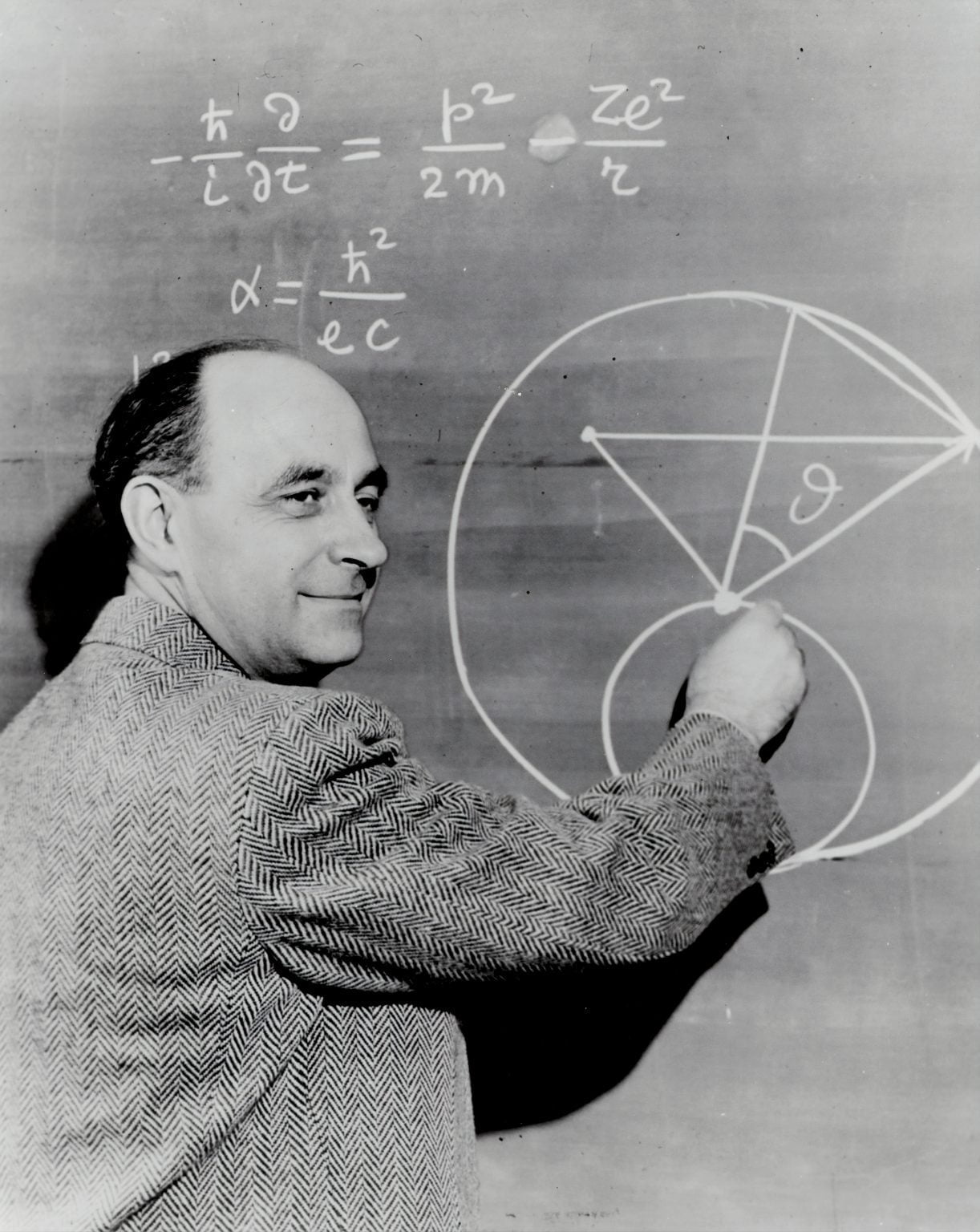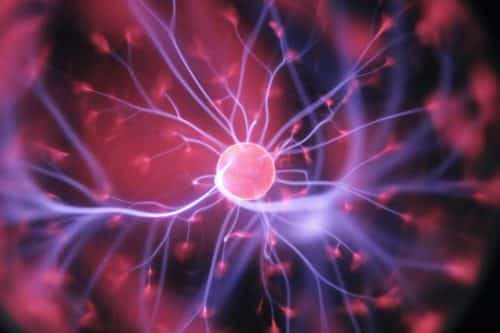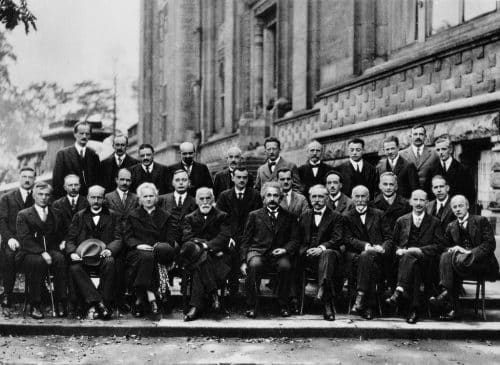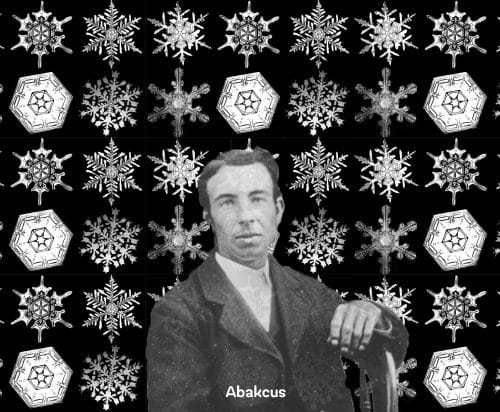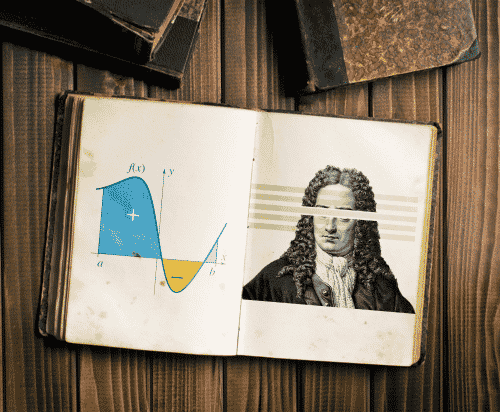The most common question students have about mathematics is “when will I ever use this?” Many math teachers would probably struggle to give a coherent answer, beyond being very good at following precise directions. They will say “critical thinking” but not much else concrete. Meanwhile, the same teachers must, with a straight face, tell their students that the derivative of arccosine is important. (It goes beyond calculus, in case you were wondering)
So here is my list. The concrete, unambiguous skills that students of mathematics, when properly taught, will practice and that will come in handy in their lives outside of mathematics. Some of these are technical, the techniques that mathematicians use every day to reason about complex, multi-faceted problems. Others are social, the kinds of emotional intelligence one needs to succeed in a field where you spend almost all of your time understanding nothing. All of them are studied in their purest form in mathematics. The ones I came up with are,
- Discussing definitions
- Coming up with counterexamples
- Being wrong often and admitting it
- Evaluating many possible consequences of a claim
- Teasing apart the assumptions underlying an argument
- Scaling the ladder of abstraction
Discussing definitions
A primary skill that mathematicians develop is fluidity with definitions. There’s a lot more to this than it sounds at first. What I mean by this is that mathematicians obsess over the best and most useful meaning of every word they use. Mathematicians need logical precision because they work in the realm of things which can be definitively proven or disproven. And if something can be done “definitively,” it must necessarily be definable.
Let me start with a mathematical example first, one which has some relationship to real life, the word “random.” Randomness as a concept has plagued mathematics for much of its recent history because it’s difficult to nail down a precise definition of what it means for an event to be random. Statisticians deal with this conundrum by saying that things can’t be random, but rather processes can be random and you can define the probability of an event happening as a result of the process. That was a very brief overview, but it’s the foundation for pretty much all of statistics.
But it’s not the only definition of randomness. Because we intuitively want to say, for example, that flipping a coin and getting 20 heads in a row is “less random” than getting HTHHTHHHTTTHTHHTHHTH. Mathematicians looked at the situation and decided the statistical definition of randomness is not enough, and invented a second definition called Kolmogorov complexity. Very roughly, an event is called “Kolmogorov random” if the shortest computer program that produces the event is as long as the description of the event. (This uses a purely mathematical definition of a “computer” that was invented before actual computers, think of Alan Turing) Colloquially, you can imagine that a Kolmogorov random event requires the description of the event itself to be written out, in full, in the source code of the computer program that produces it.
Kolmogorov complexity has grown into a fascinating part of mathematics and computer science, but it’s not the end of the story. At the risk of going into too much detail, mathematicians discovered that Kolmogorov complexity could not be calculated for most events. So it’s very difficult to apply it to non-theoretical problems. Mathematicians wanted a definition that could describe numbers that look random and are random enough for practical purposes, but in fact are highly non-random in the Kolmogorov sense. The result was the current definition of cryptographically secure randomness.

